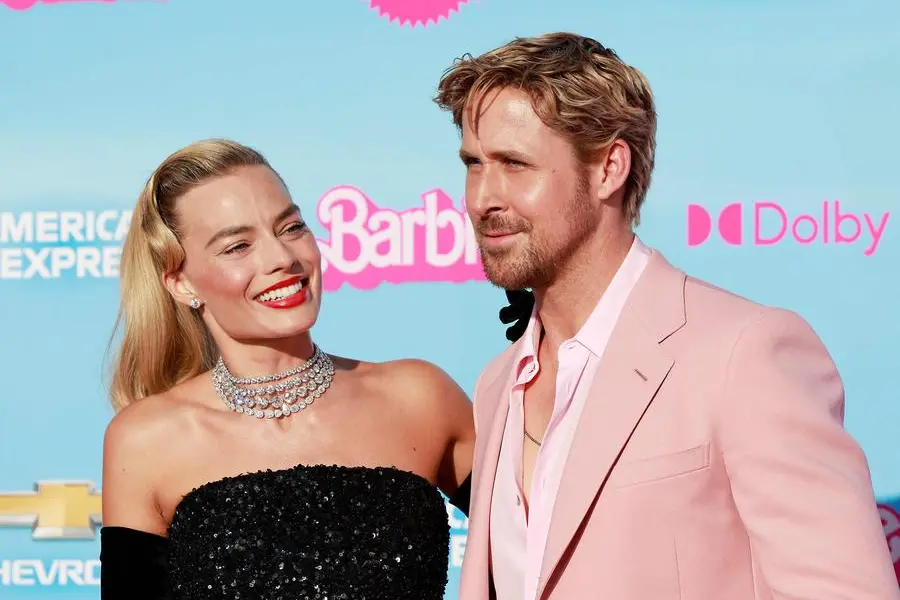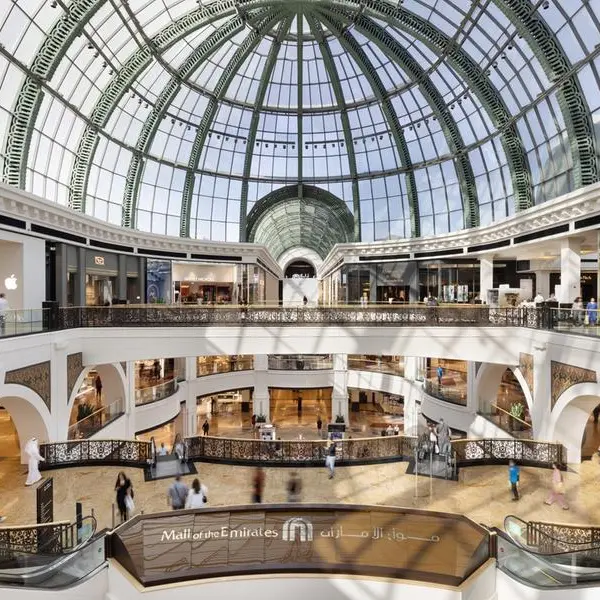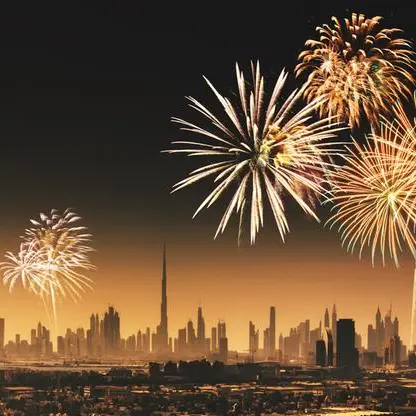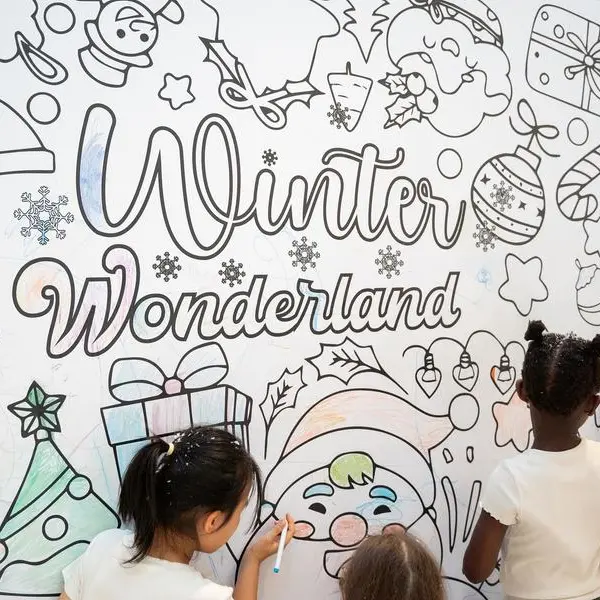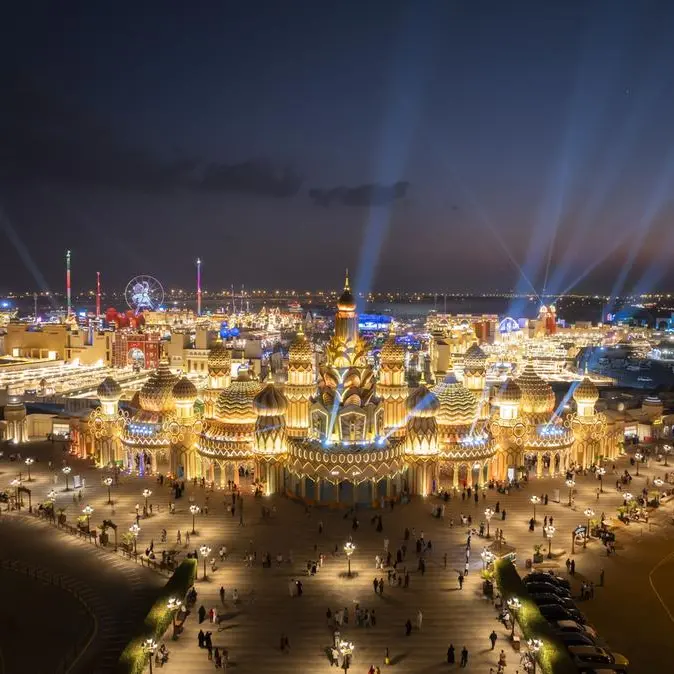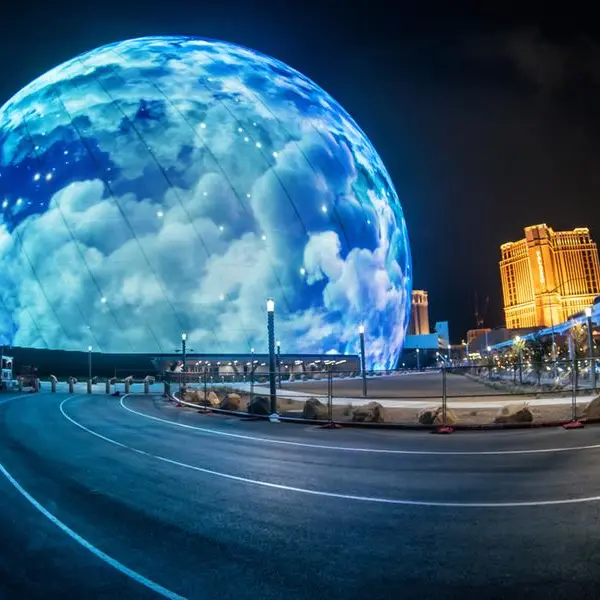PHOTO
Philippine censors said Wednesday they have allowed the upcoming Barbie film to be shown in cinemas, after asking its Hollywood distributor to blur a map allegedly showing China's claims to the disputed South China Sea.
The fantasy comedy film about the famous doll, directed by Greta Gerwig and starring Margot Robbie and Ryan Gosling, is set to open in the Southeast Asian nation on July 19.
After reviewing the film twice and consulting foreign affairs officials and legal experts, the government's Movie and Television Review and Classification Board said it would allow it to be screened.
The censors began examining "Barbie" last week after Vietnam reportedly banned the film over scenes featuring a map showing the so-called nine-dash line, which China uses to justify its maritime claims.
Beijing claims almost the entire South China Sea, despite rival claims from other Southeast Asian countries including the Philippines, Malaysia and Vietnam.
But after "meticulous" scrutiny of the film, Philippine censors were convinced that the "cartoonish map" did not depict the nine-dash line.
"Instead, the map portrayed the route of the make-believe journey of Barbie from Barbie Land to the 'real world,' as an integral part of the story," the censorship board said in a statement.
"Rest assured that the Board has exhausted all possible resources in arriving at this decision as we have not hesitated in the past to sanction filmmakers/ producers/ distributors for exhibiting the fictitious 'nine-dash line' in their materials."
In a separate letter to Philippine Senator Francis Tolentino, who had criticised the film for "violating Filipino fisherfolks' rights", the censors said they had asked Hollywood studio Warner Bros to "blur" the controversial lines on the map.
Dashed lines drawn in a "child-like manner" appeared in several locations on the map around land masses identified as Europe, North America, South America, Africa and Asia, the censors said.
But it found only eight dashes around the landmass labelled "Asia".
"Moreover, the Philippines, Malaysia, and Indonesia are not visible on the map," the board said in the letter dated July 11 and shared with reporters.
"This is in stark contrast to the maps found in the banned films 'Abominable (2019)' and 'Uncharted (2022)'," it said.
Warner Bros did not immediately respond to AFP's request for comment.
But a Warner Bros spokesperson was quoted by Variety as saying the map was a "child-like crayon drawing" and "not intended to make any type of statement".
The Philippines' approval of "Barbie" coincided with the seventh anniversary of an international ruling that China's historical claims to the South China Sea have no legal basis.
